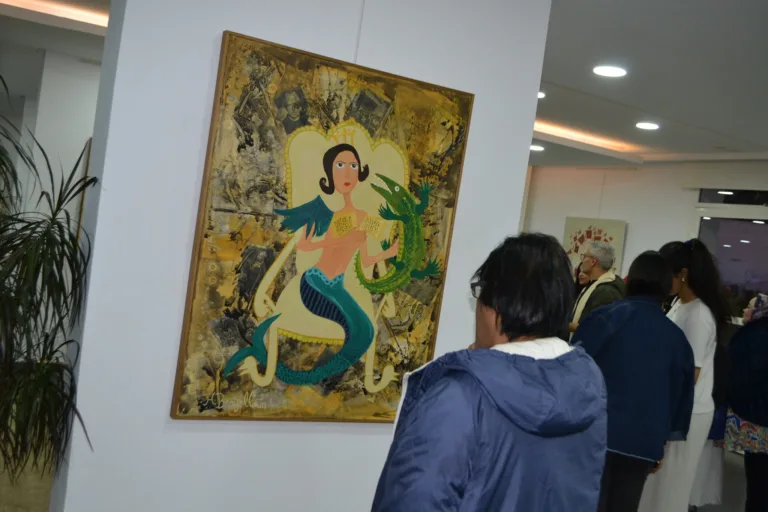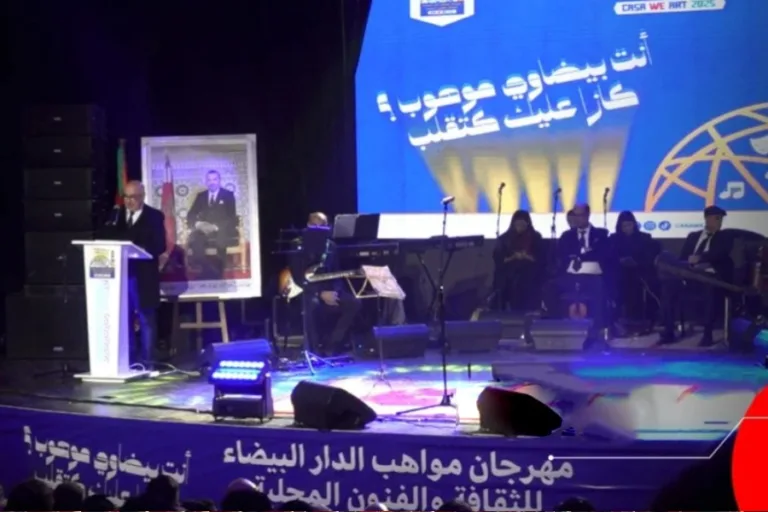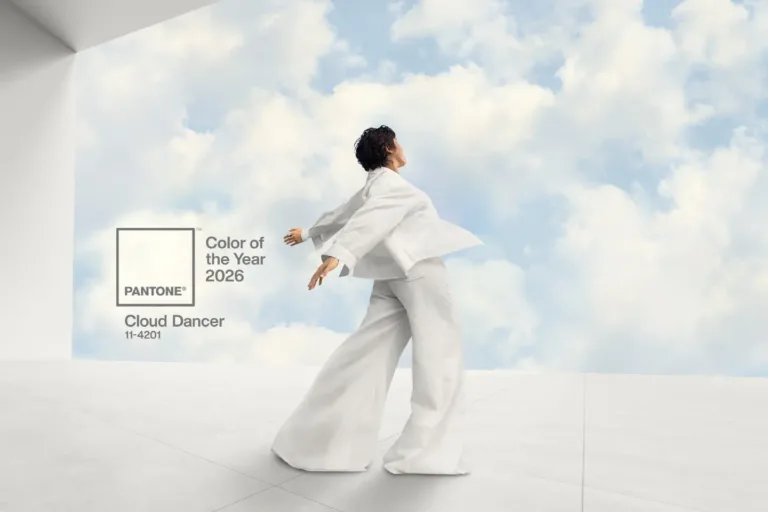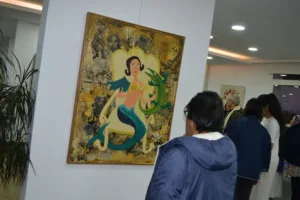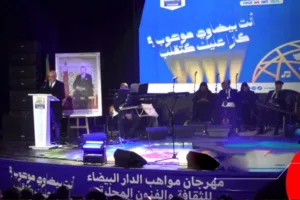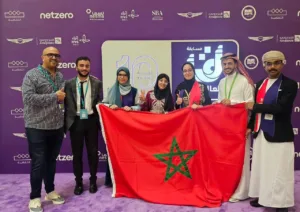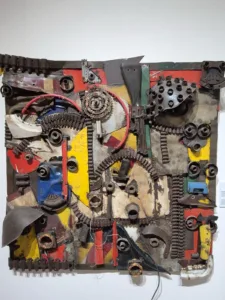Fez – Morocco’s audiovisual regulator (HACA) has dismissed over 190 public complaints filed against the televised broadcast of rapper ElGrandeToto’s concert at the 20th edition of the Mawazine Festival.
The performance, aired on 2M between July 2 and 7, was criticized by viewers for containing “expressions and scenes contrary to public decency” and allegedly “negatively influencing the education of young people.”
In its ruling, HACA stated that such complaints fall outside the scope of its core mission.
The authority emphasized that it is tasked with ensuring compliance with Morocco’s legal framework and democratic values. It’s not tasked with judging artistic merit or censoring creative expression. It clarified that decisions about programming and content rest with broadcasters, not regulators.
However, HACA did acknowledge the importance of contextual sensitivity, especially when it comes to content that may reach younger audiences.
While the concert aired after 11:05 p.m., the regulator noted that public channels should ensure that late-night broadcasts are accompanied by appropriate advisories and audience guidance systems.
The council said it would issue a reminder to 2M about maintaining vigilance and professionalism in how content is presented.
It reiterated that Morocco’s approach to audiovisual regulation is grounded in a balance between freedom of expression, cultural diversity, and the protection of viewers.
ElGrandeToto, one of Morocco’s most influential and polarizing artists, frequently draws both acclaim and criticism for his unapologetic style.
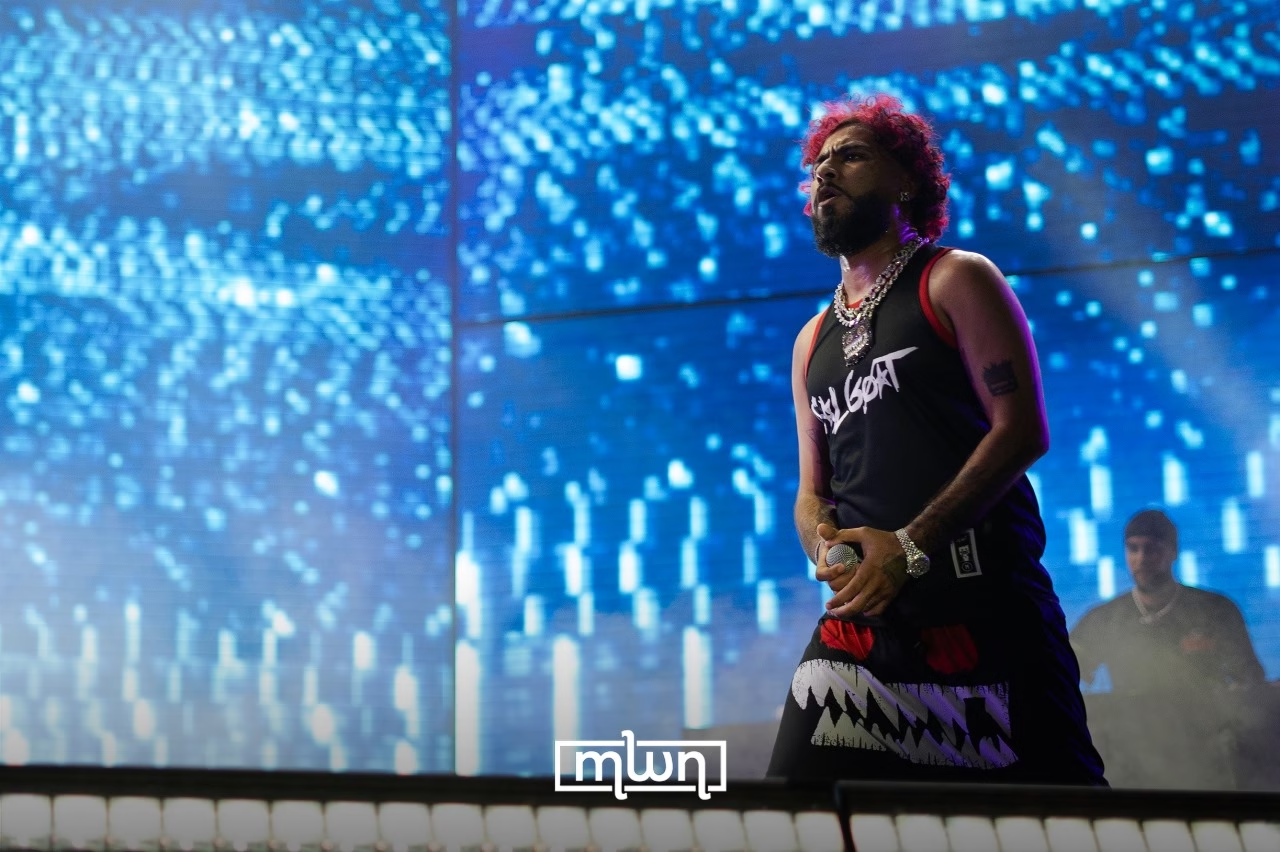
The decision to close the complaints without action reflects HACA’s broader stance on shielding creative freedom while promoting responsible broadcasting.
This ruling may set a precedent for how Morocco navigates the intersection of modern music, public media, and evolving cultural standards.
Held in Rabat, Mawazine festival is an annual event that has a history of bringing diverse musical acts to Morocco and has occasionally sparked public debate regarding artistic expression and cultural norms.
The broadcast of El Grande Toto’s performance reignited familiar tensions over where the line should be drawn between creative freedom and cultural sensitivities in Morocco’s public media.
While some viewers viewed the late-night airing as inappropriate, others defended the rapper’s right to express himself artistically, reflecting a broader generational and societal divide.
This latest ruling by HACA highlights a continued commitment to fostering a vibrant media landscape while balancing societal expectations.



